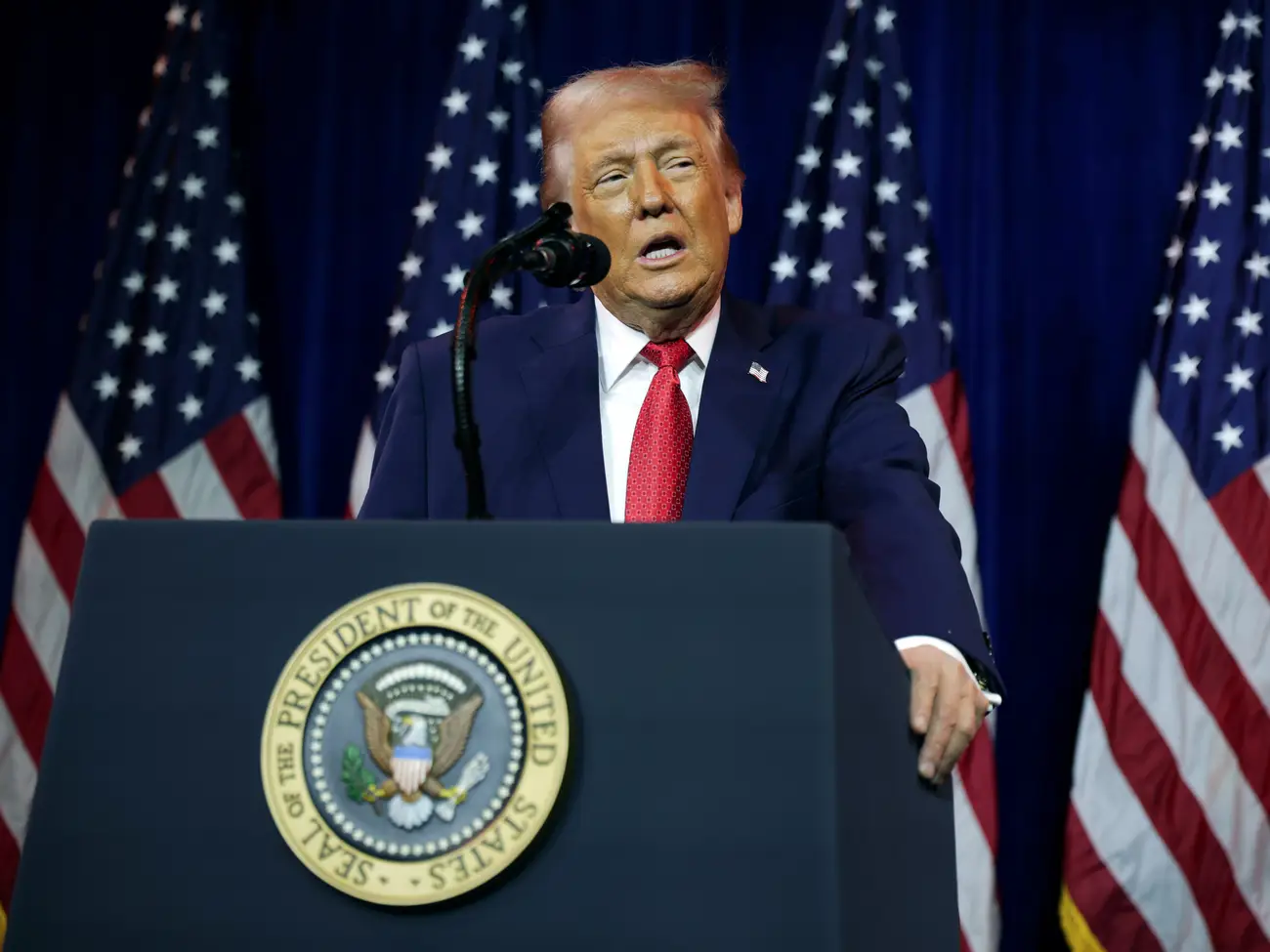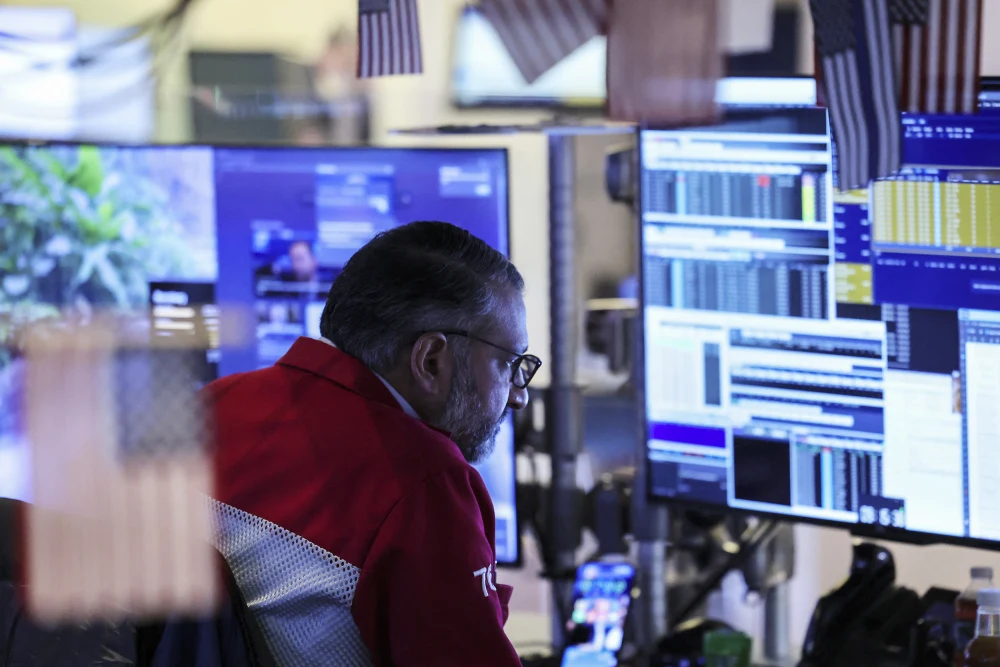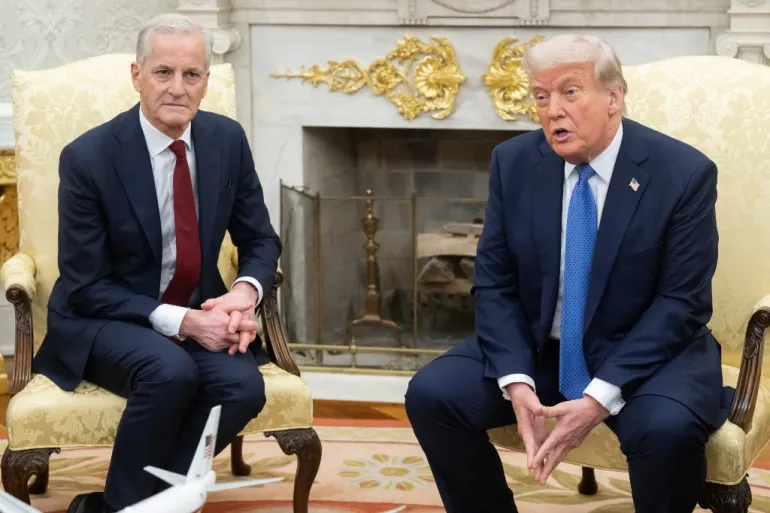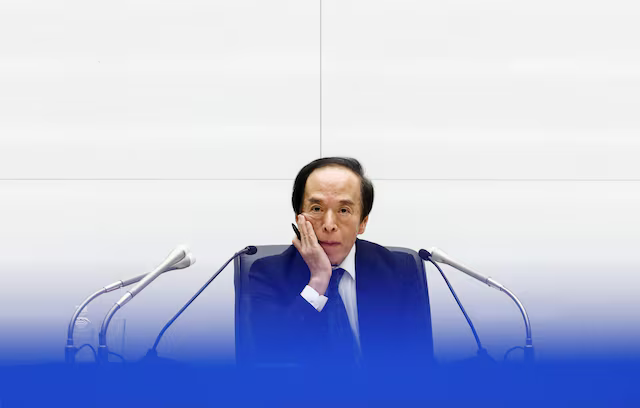Bank of Japan (BOJ) Governor Kazuo Ueda cautioned on Wednesday that new US tariffs could significantly impact global trade and economic growth, Reuters reports.
His remarks come just hours before President Donald Trump is expected to unveil a set of reciprocal tariffs, adding to existing trade restrictions.
Ueda expressed concerns about the uncertainty surrounding US tariff policy and its potential effects on businesses and consumers worldwide. Speaking before Japan’s parliament, he noted that the tariffs could disrupt trade activity, impact corporate and household sentiment, and have unpredictable consequences for inflation.
“The impact of US tariff policy on the global economy is highly uncertain,” Ueda said. “But depending on the range and scale of US tariffs, they could have a big impact on each country’s trade activity.”
Higher tariffs are expected to raise US inflation in the short term, though their long-term effects remain unclear. Some analysts believe that while increased import costs could push prices higher initially, the potential cooling of economic growth might counteract inflationary pressures over time.
The White House has confirmed that the reciprocal tariffs, along with a 25% tariff on auto imports, will take effect on April 3. Businesses worldwide are bracing for the impact, with global factory activity already slowing in March, according to economic surveys.
Ueda emphasized the need for international dialogue, stating that he hopes to discuss the global ramifications of US trade policy at the upcoming meetings of the Group of 20 (G20) finance ministers and the International Monetary Fund (IMF) later this month in Washington.
“The question is not just about trade numbers—it’s also about how tariffs could affect the sentiment and spending of households and companies,” he said.
While the BOJ has not confirmed whether Ueda will attend the G20 meetings, Japan’s finance minister and central bank governor typically participate. The impact of US tariffs on Japan’s economy is expected to be a key consideration in the BOJ’s monetary policy decisions, particularly as analysts predict a potential interest rate hike in the third quarter of this year.










The latest news in your social feeds
Subscribe to our social media platforms to stay tuned